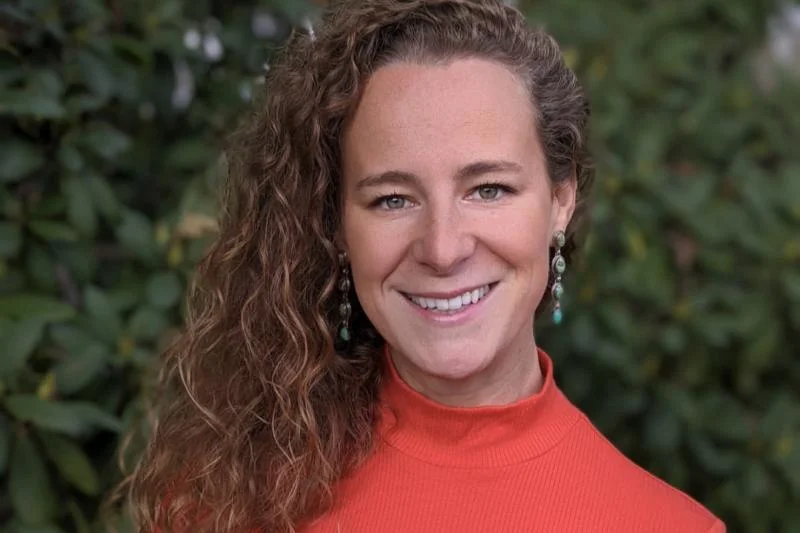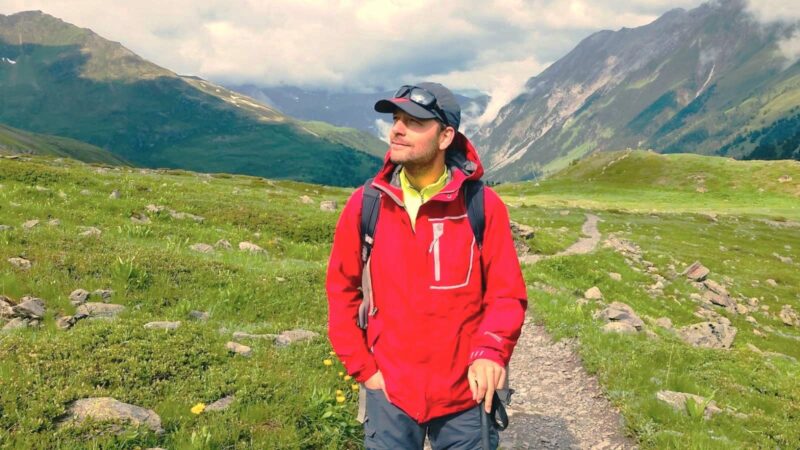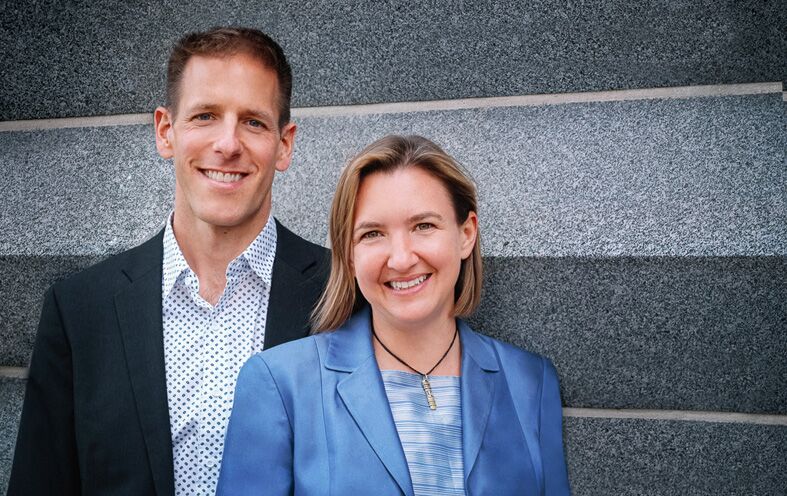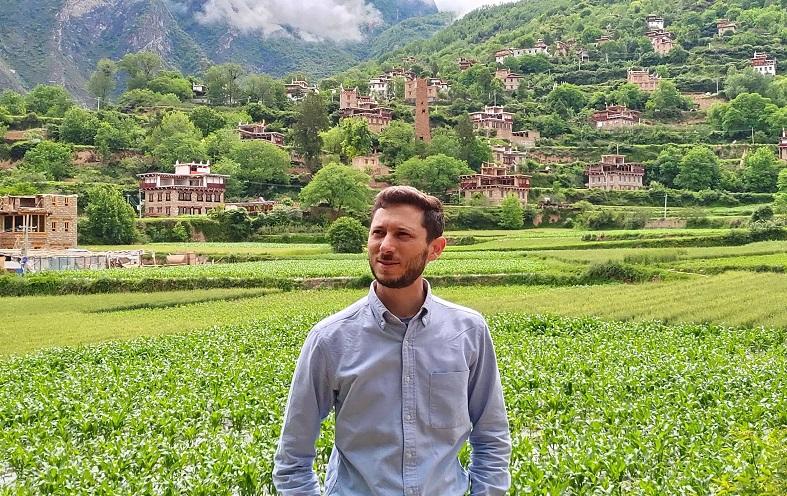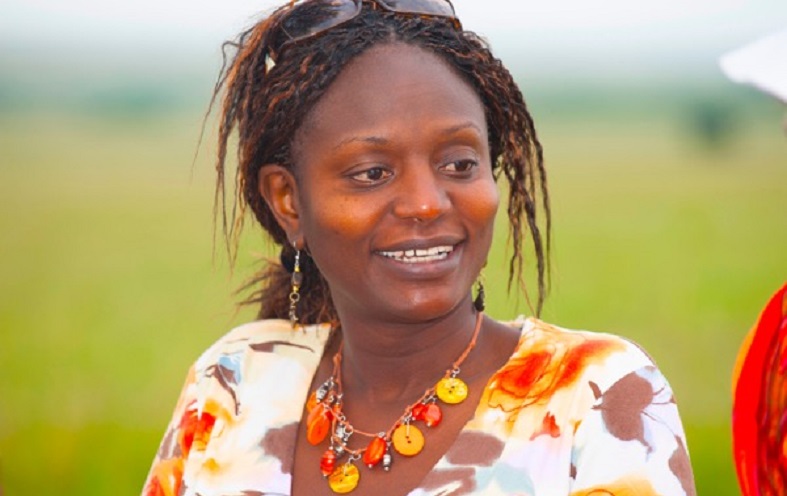Sustainability is now a buzzword so frequently used, that it makes one wonder if enough is actually being done to even make an impact. In this interview Jeremy Smith, Editor of Travindy and Co-founder of Tourism Declares a Climate Emergency, discusses the types of changes in how we travel that can bring positive influence and a transformative change at a time when the climate emergency is getting serious for more and more communities and livelihoods.
Jeremy, on your website you introduce yourself as a writer, speaker and consultant for sustainable tourism. Do you remember what first brought you to the topic?
My first job as a writer, back in 2000, was working for a trade magazine for the British fruit and vegetables industry. As I wrote stories about banana multinationals and farmers in the Caribbean, the growth of fair trade, the power of the supermarkets, etc., I realised where my sympathies lay. I discovered it was what I wanted to write about. So I applied for all the writing jobs going that had to do with social and environmental issues. I got one reply, but that led to a job at The Ecologist magazine, where I then spent six years.
I started at The Ecologist in 2001. 2002 was the UN’s International Year of Ecotourism. The magazine’s editorial stance was almost entirely opposed to tourism as a destructive force, and to ecotourism as greenwash.
But while this was what I did for work from an office in London, my time off was spent travelling, and always had been. And my personal love of travel sat uncomfortably with my work as a critic.
I left the magazine in 2007, and connected with Richard Hammond, who is the founder of Greentraveller, and was then also writing about responsible tourism for The Guardian. The two of us secured a commission from Rough Guides to write Clean Breaks – 500 New Ways to See the World, the publisher’s first and only book focused on sustainable tourism.
I spent a year researching and writing the book, connecting with 100s of remarkable people working to create a model of tourism that really was good for the planet and its people. I’ve never looked back.
How have your views on responsible tourism changed since then?
I still believe that the experiences we have when not working and on holiday can be truly transformative. But I challenge how so many travellers and the industry assume that this means going a long way from home. Add to this the fact we have all bought into the idea that novelty is vital, that we need to do new things in new places all the time. So people say that they have ‘done’ a place, once they have seen the key sights.
The thing I believe most is that we need to encourage and enable people to experience wonder, awe, discovery, relaxation, connectedness – all the great emotions and sensations that we can enjoy when our holidays are at the best.
But the greatest thing we can do is to help people discover that these don’t rely on the most dramatic exotic locations. They depend on our own state of mind. And this needs nurturing and development.
Give me some binoculars and I can tick off any number of species that I have seen. There is a certain amount of satisfaction to be gained from that. But in time, with patient observation, by being supported by knowledgeable guides, by returning to the same places over and over again I will learn that the real joy is not in spotting animals, but in watching them, seeing how they interact, and learning why.
For tourism to move towards being something truly transformative or regenerative, it needs to be helping us to reconnect to nature and to one another. To move beyond the thrill of discovery, which is fleeting and needs constant novelty, to that of connection and understanding, which takes much longer, but never goes away.
You are the co-founder and editor of Travindy, a news site on sustainable tourism which was recently recommended by our panel. Why did you create it and what is it all about?
Anula Galewska and I created Travindy to solve a frustration. There was no one website to go and see what the latest news and developments were in responsible/sustainable tourism. So we built a simple WordPress site and started collating stories there. That’s been the underlying principle ever since. Share the best stuff.
We are created by volunteers. We take no advertising or sponsorship, so we remain independent. We publish in English and Spanish. Sometimes we publish original content – interviews, comment pieces, etc. – and we publish a weekly newsletter bringing together a selection of the key headlines.
CABI interviews Jeremy Smith on his book Transforming Travel:
We often hear that there’s fierce competition among consultants for jobs related to sustainable tourism. What advice can you share with newcomers to the field, how to get a foot into this industry, how to succeed?
Find a niche. When I was training to be a journalist, there was a man on my course who wanted to be a sports journalist. The tutor asked him what sport he was most into, and he said Football. Anything else, she asked. I like Taekwondo, he replied. She advised him to focus on becoming a Taekwondo journalist.
Every newspaper has a football journalist. Everyone wants to write about football. The queue is very long. But if you become the expert on Taekwando you are in a much less crowded space. So you can become the writer that everyone knows, you can create your networks, make the connections – write the articles, deliver the speeches, etc. And then, if you still want to work in Football journalism, it will be much easier to cross over later.
When I started, sustainability was pretty niche. Sustainable tourism even more so. They aren’t now. But who are experts in tourism and rewilding? In how tour operators can support the Circular Economy? In Biomimetic Hotel Design?
As sustainability becomes more mainstream, it opens up many new niches. Find the one that excites you, and dive deep.
You recently co-launched a fast-growing group of tourism leaders and changemakers in “declaring a climate emergency”. Why?
Alex Narracott (CEO of Much Better Adventures) and I co-founded Tourism Declares a Climate Emergency at the beginning of this year, with a small group of founder signatories from leading responsible tour operators and some academics.
We’d been watching how the Climate Emergency Declaration movement was growing outside of tourism. Signatories were either from places – cities, regions or countries; or they were industrial sectors like architects, engineers, culture or heritage. We saw how tourism connects all of these – the places are our ‘destinations’, the architects and engineers build our hotels, and culture and heritage are what tourists come to see.
We want to provide a space where our industry can come together to acknowledge the crisis and its role in it and to work together to find solutions. It’s very early days, but so far the response has been incredibly supportive.
How do you deal with the conflict between what we know about the climatic consequences of travel and practical needs, such as having to fly to places for conferences, to see clients, family or friends?
It’s tricky. Every flight is a ‘choose to fly’ rather than a ‘have to fly’. I don’t have to see clients or go to conferences. I choose to. Sometimes these choices are hard choices, but they are choices all the same.
As part of Tourism Declares, I have made my own commitments. But beyond that, I worry about any attempt to justify my flights over someone else’s is fraught with assumptions, and in the end, we are all still causing the emissions.
I do everything possible to not fly. The specifics of my circumstances mean some of this is easier for me than for others, some of it is more difficult.
I think the most important thing with the climate emergency is not to focus too much on any of our personal choices and compromises, but on the systemic failures that underpin them, such as the subsidies and tax structures that make flying ridiculously cheap and more sustainable forms of transport unaffordable for most.
Much of your work focuses on storytelling and how to use it for more sustainable tourism. Do you have the impression that tourism businesses and destinations have become better in how they communicate sustainability internally and to visitors and clients?
It’s improved, but not enough.
The message is getting through because people can smell the smoke. Not because we got much better at telling stories.
The majority of tourism businesses prioritise telling a story rather than constructing one. Sustainability should not be a marketing tool. It is a way of designing and operating, an endless series of decisions you make about how you and your business interact with the world.
My experience is that when a company is truly focussed on operating responsibly and sustainably, it naturally translates into a better experience. Why? Because it puts deeper care into how it designs, purchases and operates its products and services.
It employs people who are more sensitive to the world around them and then focuses on ensuring they have decent working lives. It interacts sensitively with its local community and the ecosystems it operates, doing so in ways that are designed to make them flourish as a result of its existence.
You strive to do all these things right, and the story tells itself. People will have better holidays, and they will share stories with their friends and on review sites, in blogs and elsewhere.
As we enter the age of the “mindful” traveller, how can those in charge of marketing and managing travel businesses and destinations create and support experiences that meet travellers’ need for regeneration and transformation?
Although I believe greatly in the transformative effect of travel, I am nervous about overpackaging it, or even of defining too much what it is. What makes me feel regenerated and transformed might be very difficult from what works for someone else.
I am also concerned that too much of the idea of what defines a transformative experience tends to be about challenging ourselves, ‘moving outside the comfort zone’ etc. It risks becoming a bit macho. All this ‘strive to do more’ risks defining our holidays with the same framing as basing our society on the adulation of work and industry.
Holidays are a time to chill out and do less, not to achieve.
A transformative experience might simply be having the time together as a family, doing nothing for a change, cooking and eating wonderful meals together, seeing the sunrise.
You are very active in the sustainable tourism community – with Travindy, your WTM blog, now Tourism Declares, and managing highly successful get-togethers at industry events, such as WTM in London. How has this scene changed in recent years – where are we headed?
It’s getting busier. And where it used to feel like we were on the outside being ignored, increasingly we are part of the conversation. This also means there’s a lot more noise and risk of greenwash.
I don’t know where we are headed – but I hope we continue to become more central to the conversations that define tourism’s path. If we don’t then the industry is in serious trouble.
Thank you, Jeremy.
Learn more about Jeremy Smith as a sustainable tourism writer, speaker, and consultant by visiting his website.
Curious about Tourism Declares a Climate Emergency? Follow the movement via Facebook or Twitter. SLP founder and editor, Florian Kaefer already committed to responsible travel. We encourage you to declare too.
Enjoyed our interview with Jeremy Smith on responsible travel, personal travel choices and the climate emergency? Thanks for sharing!


